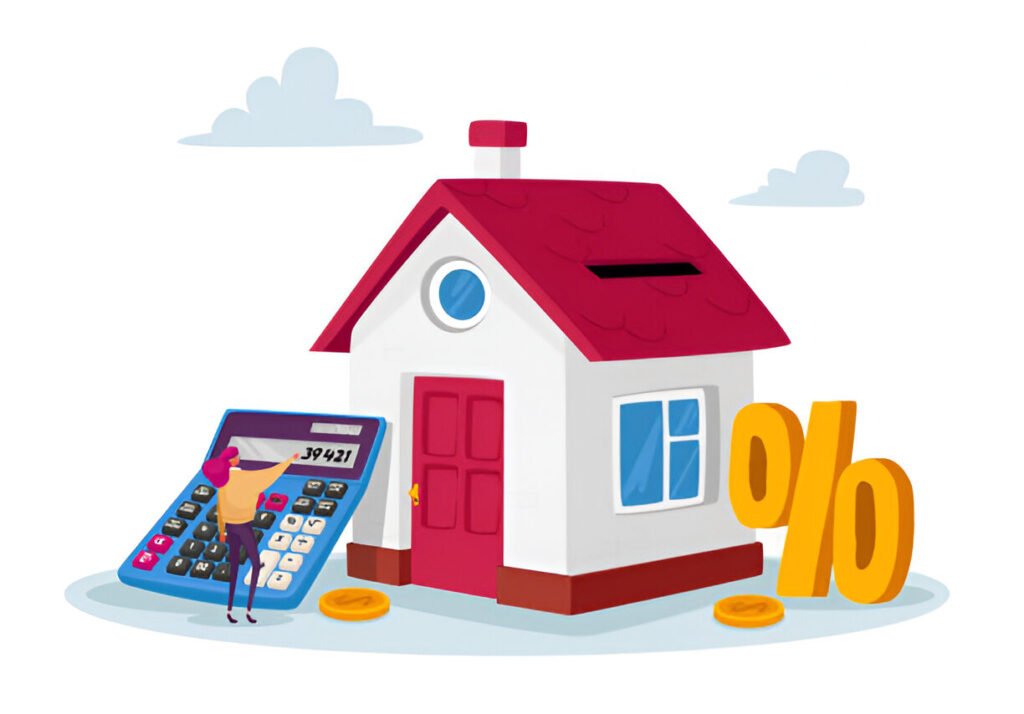For many Americans, the path to homeownership runs through government-backed mortgage programs. These loans, backed by federal agencies like the FHA, VA, and USDA, can make buying a home more accessible – but they come with their own set of trade-offs. Let’s explore whether these programs might be the right choice for your homebuying journey.
Understanding Government-Backed Loans
Government-backed mortgages aren’t directly issued by the government. Instead, private lenders provide the loans while federal agencies insure them against default. This insurance gives lenders the confidence to offer more favorable terms to borrowers who might not qualify for conventional loans.
Types of Government-Backed Loans
FHA Loans
Federal Housing Administration (FHA) loans are the most popular government-backed option. They’re designed for buyers with lower credit scores or limited down payment savings. With credit scores as low as 580, you can qualify for a down payment as low as 3.5%. Even those with scores between 500-579 may qualify with 10% down.
VA Loans
Reserved for veterans, active service members, and eligible spouses, VA loans offer remarkable benefits. They typically require no down payment, have competitive interest rates, and don’t require private mortgage insurance. The VA funding fee can be rolled into the loan amount, making the initial costs more manageable.
USDA Loans
The U.S. Department of Agriculture backs these loans to promote homeownership in rural and some suburban areas. USDA loans require no down payment and often offer lower interest rates. However, they have strict location and income requirements.
Advantages of Government-Backed Loans
Lower Barriers to Entry
The most significant advantage is accessibility. These programs make homeownership possible for buyers who might otherwise be locked out of the market due to credit challenges or limited savings.
More Flexible Requirements
Government-backed loans often have more forgiving standards for:
- Credit scores
- Debt-to-income ratios
- Employment history
- Down payment amounts
Competitive Interest Rates
Because of the government guarantee, lenders can often offer interest rates comparable to or sometimes better than conventional loans, even for borrowers with less-than-perfect credit.
Potential Drawbacks
Mortgage Insurance
Most government-backed loans require some form of mortgage insurance. FHA loans, for example, require both an upfront premium and annual mortgage insurance payments for the life of the loan in most cases.
Property Standards
These loans often come with strict property requirements. The home must meet specific safety and structural standards, which can limit your choices and potentially require repairs before purchase.
Loan Limits
Government-backed loans have maximum loan amounts that vary by county. In high-cost areas, these limits might be lower than what you need.
Cost Considerations
The true cost of a government-backed loan extends beyond the interest rate. Consider:
- Upfront mortgage insurance premiums
- Annual insurance payments
- Potential funding fees
- Required property improvements
- Closing costs
Is a Government-Backed Loan Right for You?
The decision often comes down to your personal circumstances. These loans might be your best option if:
- You have limited savings for a down payment
- Your credit score needs improvement
- You’re a veteran or service member
- You’re buying in a rural area
- You’re a first-time homebuyer
However, if you have excellent credit and substantial savings, a conventional loan might offer better long-term value.
Long-Term Implications
Remember that your first mortgage doesn’t have to be your forever mortgage. Many borrowers use government-backed loans to enter the housing market, build equity, and improve their credit. Later, they can refinance into a conventional loan with potentially better terms.
Frequently Asked Questions
Can I avoid mortgage insurance with a government-backed loan?
VA loans don’t require mortgage insurance, making them unique among government-backed options. FHA loans require mortgage insurance regardless of down payment size, while USDA loans have an annual guarantee fee. With FHA loans, you’ll typically pay mortgage insurance for the life of the loan unless you make a down payment of 10% or more, in which case it can be removed after 11 years.
What credit score do I need for a government-backed loan?
The minimum credit score varies by program:
- FHA loans: 500 with 10% down, 580 with 3.5% down
- VA loans: No official minimum, but lenders typically prefer 620
- USDA loans: Usually 640 or higher
Remember that these are minimum requirements, and many lenders set their own higher standards.
Government-backed loans can be a powerful tool for achieving homeownership, particularly for those who might struggle to qualify for conventional financing. While they come with additional costs and requirements, they often represent the most practical path to homeownership for many Americans. The key is understanding both the benefits and limitations of these programs to make an informed decision about your mortgage options.


